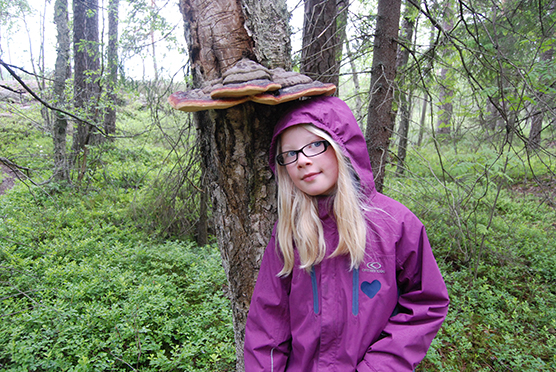
Photo: Eeva Primmer
Along with the pressure to economize on public budgets, also nature conservation faces a need to understand how incentives reward for conservation. The idea of ecosystem service payments is often coupled with an assumption that money is the decisive motivator in decision-making. What role does money actually play in conservation decisions?
In a study published in the July issue of Ecological Economics, SYKE researchers found that those forest owners who regarded moral and social norms important, had not contracted for a conservation payment. In other words, the economic reward did not have a central role in forest owners’ conservation decisions.
Interest to contract in the future was explained by expectations for welfare improvements in the nearby community and in the society as a whole. Expected economic opportunities did not explain contracting. In this sense, even future decisions were motivated by broad collective good, rather than selfish monetary reward.
Researchers in many areas have investigated the role of money in motivating. They have found that e.g., workers and athletes perform better the more they intrinsically like what they do and that external rewards do not correlate strongly with success.
In conservation debates, some claim forest owners are being forced to make significant economic sacrifices, while others fear that payments will crowd out those with motivations other than monetary rewards. The SYKE study shows that intrinsic motivations at least keep forest owners out of the conservation business. Conservation is motivated by very broadly distributed welfare improvements, rather than immediate monetary reward.
What should we do about paying forest owners, then? Of course we should pay for conservation, just as we pay salaries and award the winners of the race. But even more importantly, we should reward these forest owners with appreciation and reputation. These forest owners conserve the nature for its own sake and for all of us. We should be grateful for their decision to conserve, whether it is against a monetary compensation or without.
The full article:
Primmer, E., Paloniemi, R., Similä, J., Tainio A. 2014. Forest owner perceptions of institutions and voluntary contracting for biodiversity conservation: Not crowding out but staying out. Ecological Economics 103, 1-10.
Contact for more information:
Eeva Primmer, Finnish Environment Institute,
tel. +358 2 95 251 521, eeva.primmer@ymparisto.fi